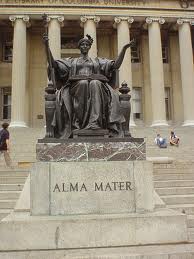International Sports Federation
Athletes disqualified. The case gained wide public attention, its materials are widely used in educational work with the athletes. Promising initiative in the fight against doping showed national U.S. Olympic Committee and the former Soviet Union, signed in late 1988 an agreement on the fight against doping in sport. One of the points of agreement provided that each athlete to be included in the national team, should take place testing a drug that could be subject to all competitors, without exception, and not just those who participate in national and international competitions.
An important step in the fight against doping was the signing in late 80-ies of XX century. joint protocol for the IOC, the IFs and summer sports as a result of a comprehensive discussion of the problem at a meeting of the IOC Executive Board and the Association of International Federations of summer sports. In accordance with this implement an integrated protocol of anti-doping program, which was based on one put for all sports list of banned substances drawn up and updated annually, the IOC and the adoption of uniform rules and procedures doping control, including sudden unplanned control during competition and training process, the consolidation of sanctions for doping and to ensure their implementation at the national level, the development of cooperation IOC, NOCs and IFs with governmental organizations to combat trafficking in illicit drugs. The intense commercialization and politicization of the Olympic sport has stimulated the representatives of many countries to the use of illicit drugs, finding ways to hide such an application. There were suspicions in the system using banned drugs and masking their country teams, sports in general. Especially great were the suspicions against the GDR sports, and among the sports most affected doping was weightlifting. The spread of doping in Olympic sports has become an acute problem, relegating second place, many other contradictions and complexities of sport.




